- Beneath the Surface: Navigating critical developments and future prospects within nigeria news and its regional impact.
- Political Dynamics and Governance
- The Role of Political Parties
- Economic Outlook and Diversification
- Challenges to Economic Growth
- Social Issues and Demographic Trends
- Education and Healthcare Access
- Regional Impact and International Relations
- Nigeria’s Role in ECOWAS
- Security Challenges and Conflict Resolution
Beneath the Surface: Navigating critical developments and future prospects within nigeria news and its regional impact.
The landscape of information surrounding nigeria news is constantly evolving, presenting a multifaceted picture of a nation grappling with economic shifts, political transitions, and enduring social challenges. Understanding the nuances of these developments requires a discerning approach, moving beyond surface-level reporting to explore the underlying forces shaping Nigeria’s trajectory. This article delves into critical areas impacting the nation, assessing current trends and potential future outcomes for its citizens and the wider region. It aims to provide a comprehensive overview for those seeking to understand the complexities facing Nigeria today, covering political, economic and social aspects.
Political Dynamics and Governance
Nigeria’s political sphere is characterized by a complex interplay of regional interests, ethnic considerations, and evolving power dynamics. Recent elections and shifts in leadership have brought about both opportunities and challenges, impacting the nation’s governance structures and policy priorities. The ongoing efforts to address corruption and strengthen democratic institutions remain crucial, but face persistent hurdles. Ensuring transparency and accountability within government structures, as well as fostering political stability, are critical for attracting investment and promoting sustainable development.
The Role of Political Parties
Political parties in Nigeria play a pivotal role in shaping the nation’s political discourse. They act as platforms for representing diverse interests and competing for power. However, the party system is often fragmented, influenced by factors such as ethnicity and regionalism. This type of system can lead to coalition governments, which sometimes pose stability challenges due to conflicting agendas. The influence of money in politics remains a significant concern, potentially undermining the integrity of the electoral process and creating barriers to entry for new political players. Promoting internal democracy within parties and enforcing stricter financial regulations are essential for strengthening the overall political landscape.
| All Progressives Congress (APC) | Progressive, Nationalistic | North-West & South-West |
| Peoples Democratic Party (PDP) | Centre-Right, Conservative | South-East & South-South |
| Labour Party (LP) | Progressive, Labour-Focused | South-East |
Economic Outlook and Diversification
Nigeria’s economy remains heavily reliant on oil revenues, but efforts are underway to diversify into other sectors. This shift is crucial for long-term sustainability and resilience to fluctuations in global oil prices. Agriculture, manufacturing, and the technology sector are identified as key areas for growth, with government initiatives aimed at attracting investment and fostering innovation.
Challenges to Economic Growth
Despite its economic potential, Nigeria faces numerous challenges hindering sustainable growth. Infrastructure deficits, including inadequate power supply and transportation networks, pose significant obstacles to business development. High unemployment rates, particularly among young people, remain a pressing concern, driving social unrest and migration. Corruption and insecurity further exacerbate these challenges, diverting resources and discouraging investment. Addressing these issues requires a multi-faceted approach involving targeted policy interventions, improved governance, and strategic investments in key infrastructure projects. Furthermore, fostering a conducive business environment is crucial for attracting both domestic and foreign investment.
- Infrastructure Deficits
- High Unemployment
- Corruption
- Insecurity
- Dependence on Oil
Social Issues and Demographic Trends
Nigeria’s large and rapidly growing population presents both opportunities and challenges. Social issues such as poverty, inequality, and access to education and healthcare remain prevalent, particularly in rural areas. Addressing these challenges is crucial for ensuring social cohesion and sustainable development.
Education and Healthcare Access
Improving access to quality education and healthcare is paramount for empowering Nigeria’s citizens and unlocking their full potential. Significant disparities exist in access to these essential services, particularly between urban and rural areas, and among different socio-economic groups. Investing in education infrastructure, teacher training, and scholarship programs can help bridge the gap in educational attainment. Strengthening the healthcare system, expanding health insurance coverage, and addressing critical shortages of healthcare professionals are essential for improving health outcomes. Additionally, promoting public awareness campaigns on preventative healthcare measures and sanitation practices can contribute to a healthier population.
| Literacy Rate | 62% | UNESCO |
| Life Expectancy | 55 Years | World Bank |
| Infant Mortality Rate | 67 per 1,000 live births | UNICEF |
Regional Impact and International Relations
Nigeria plays a significant role in regional affairs, engaging in diplomatic efforts to promote peace and stability in the West African sub-region. Its economic influence extends across borders, fostering trade and investment relationships with neighboring countries. However, challenges related to cross-border crime, terrorism, and environmental degradation persist.
Nigeria’s Role in ECOWAS
Nigeria is a founding member of the Economic Community of West African States (ECOWAS) and plays a leading role in promoting regional integration. ECOWAS aims to foster economic cooperation, promote peace and security, and address shared challenges among its member states. Nigeria’s economic and political weight within ECOWAS enables it to influence regional policy decisions and mediate conflicts. However, tensions and disagreements among member states sometimes arise, requiring careful diplomacy and compromise. Strengthening the capacity of ECOWAS to address regional challenges, such as terrorism and cross-border crime, remains a key priority for Nigeria.
- Promote regional trade
- Enhance security cooperation
- Facilitate political stability
- Address environmental challenges
- Strengthen institutional capacity
Security Challenges and Conflict Resolution
Nigeria faces complex security challenges, including ongoing conflicts with terrorist groups, communal violence, and banditry. Addressing these threats require a multi-faceted approach encompassing military action, law enforcement efforts, and community-based peacebuilding initiatives.
Investing in socio-economic development in conflict-affected areas is crucial for addressing the root causes of violence. Promoting dialogue and reconciliation between conflicting parties, strengthening local governance structures, and building trust within communities are equally important. A long-term successful strategy balances security operations with a commitment to social and economic justice.

